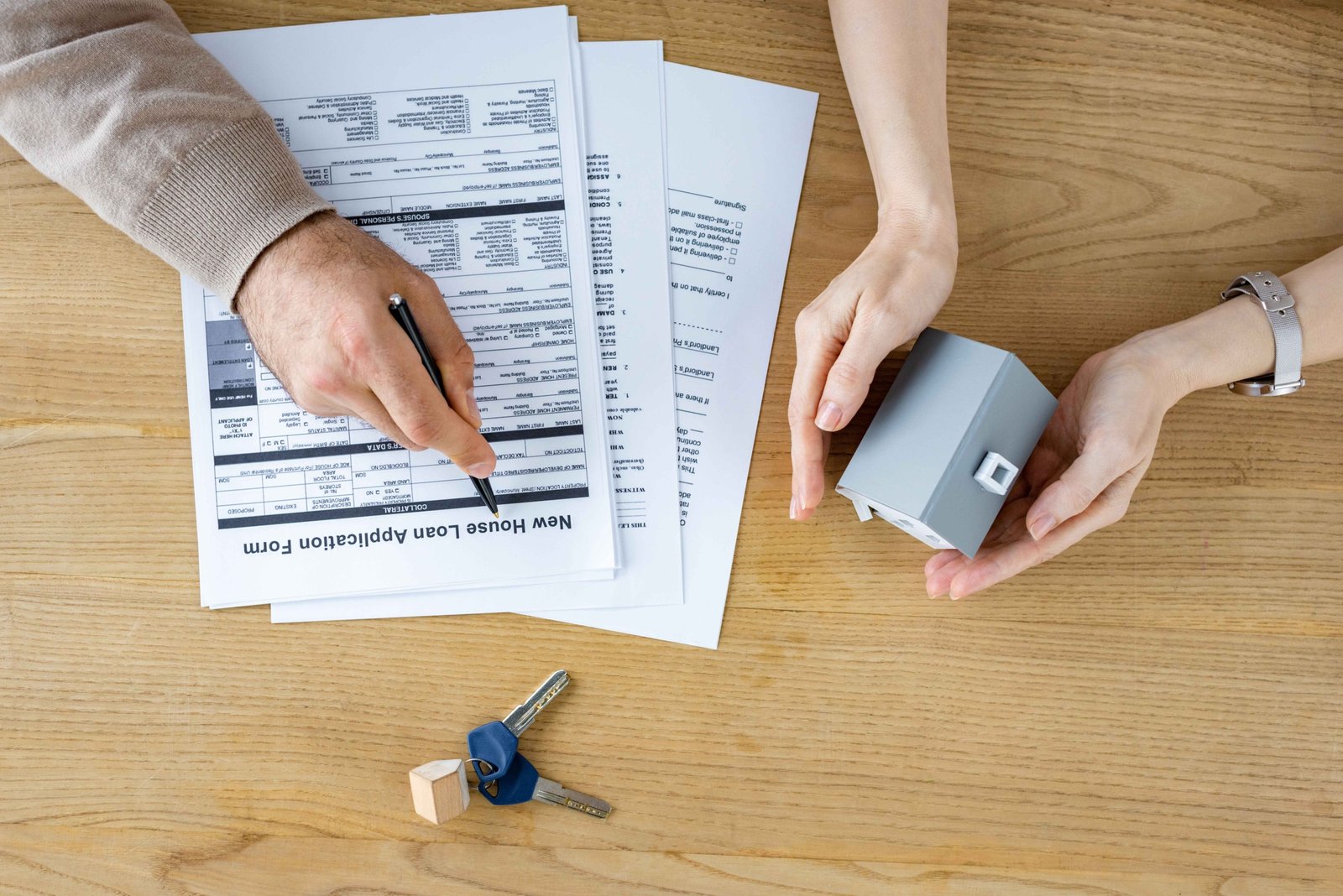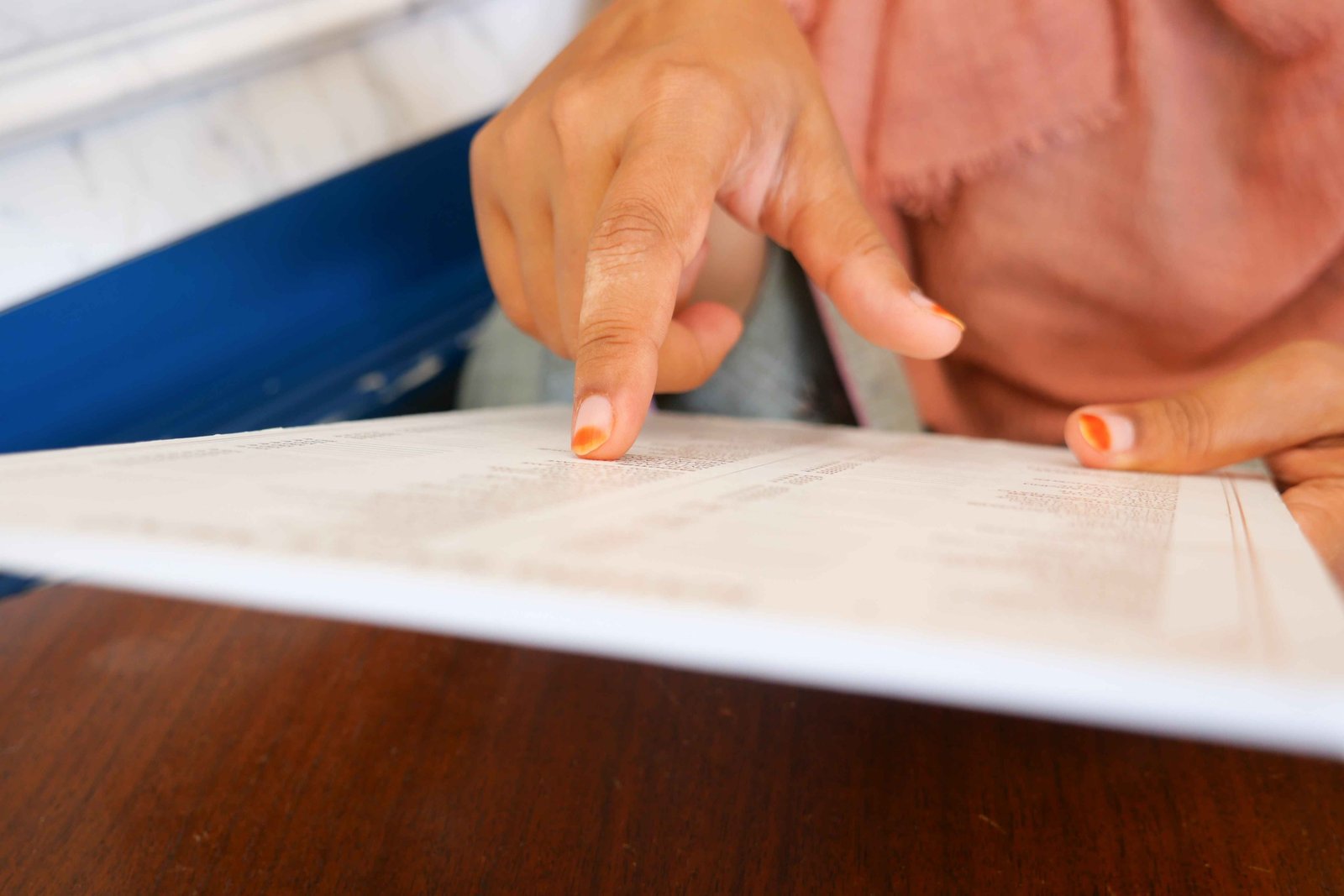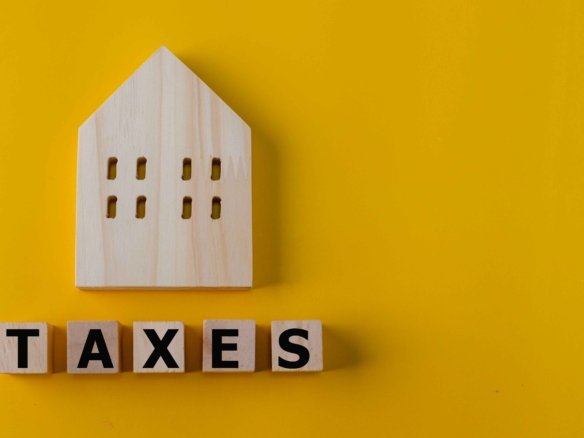Tax Deed Auctions are unique opportunities for investors and homebuyers to acquire properties at a fraction of their market value. When property owners fail to pay their property taxes for an extended period, the county government may place the property up for auction to recover the unpaid taxes. Unlike traditional house auctions near me, where foreclosures or bank-owned homes are common, tax deed auctions transfer ownership directly to the winning bidder, often free of mortgages and liens.
Why Tax Deed Auctions Matter for Buyers
For many buyers, tax deed auctions are a chance to purchase real estate at a significantly reduced price. These auctions not only help governments recover lost tax revenue but also allow new buyers to invest in property with long-term value. Whether you are an investor looking for rental opportunities or a first-time buyer searching for affordable housing, understanding the process can make a big difference in your success.
Step One: Researching Tax Deed Auctions
Before stepping into the bidding process, thorough research is essential. Counties usually list upcoming tax deed auctions on their websites or through public notices. By searching “house auctions near me” or visiting specialized resources like TD Hunter, buyers can find detailed listings of properties scheduled for auction. Researching helps you determine property value, neighborhood quality, and any potential risks before placing a bid.
Step Two: Understanding Auction Rules
Each county sets its own auction rules, which buyers must understand before participating. Rules may include how bids are placed, how payments must be made, and what happens if the winning bidder fails to pay. Some counties conduct auctions online, while others host in-person events at government facilities. Reviewing auction terms carefully ensures you know what to expect on auction day.
Step Three: Performing Due Diligence
One of the most important steps in preparing for tax deed auctions is due diligence. This involves checking the property’s condition, verifying its location, and confirming there are no undisclosed issues. While some tax deed auctions offer properties free of mortgages, certain liens or code violations may still exist. Conducting proper due diligence protects you from costly surprises after you win the bid.
Step Four: Setting a Budget
Bidding at tax deed auctions can be competitive. To avoid overbidding, it’s crucial to set a clear budget. Determine how much you are willing to invest in a property, including repair costs, taxes, and legal fees. Many experienced investors suggest bidding below market value to leave room for profit or affordability. Establishing a budget before the auction keeps your financial goals in focus.
Step Five: Registering for the Auction
Most tax deed auctions require registration before participation. Registration often involves submitting identification, a bidder deposit, or proof of funds. Some counties also require pre-registration days or weeks before the auction date. Without proper registration, you may not be eligible to bid, so planning ahead is essential.

Step Six: Participating in the Auction
On auction day, the process can be fast-paced and competitive. Bidders must pay close attention to the auctioneer or online platform as properties are presented one by one. Bids typically start at the amount owed in taxes, and participants raise bids in small increments until the highest bidder wins. Confidence and preparation are key during this stage, as hesitation could mean losing out on a valuable property.
Step Seven: Winning the Bid
When you win a tax deed auction, the county usually requires payment within a short period, often 24 to 72 hours. Payment is typically made by cashier’s check or wire transfer. Once payment is completed, the county issues a tax deed, transferring legal ownership of the property to the winning bidder. This step solidifies your investment and gives you control over the property.
Step Eight: Taking Possession of the Property
After receiving the tax deed, buyers can begin the process of taking possession. In some cases, the property may be vacant, while in others, it could still be occupied. Depending on state laws, buyers may need to go through a legal eviction process. Once possession is established, buyers can renovate, rent, or resell the property according to their goals.
Step Nine: Resolving Title Issues
While tax deeds transfer ownership, they do not always guarantee a clear title. To make the property marketable, many buyers pursue a process known as “quiet title action.” This legal procedure removes any lingering claims or challenges to ownership. Clearing the title is especially important if you plan to resell the property or use it for financing.
Step Ten: Maximizing Your Investment
Winning at tax deed auctions is only the beginning. To maximize your investment, consider your long-term strategy. Some buyers choose to rent the property for steady income, while others renovate and resell for profit. The key is to match your property’s condition and location with a strategy that generates sustainable returns.
Comparing Tax Deed Auctions and House Auctions Near Me
While both tax deed auctions and traditional house auctions near me provide real estate opportunities, they differ in structure and outcome. In bank foreclosure auctions, properties may still carry mortgages or liens, and the bank often sets a minimum bid closer to market value. Tax deed auctions, on the other hand, start at the amount owed in taxes, which is usually much lower, making them attractive to budget-conscious buyers.
Common Mistakes to Avoid in Tax Deed Auctions
Many first-time participants make mistakes that cost them money or opportunities. Common pitfalls include failing to research the property, bidding without a budget, and ignoring auction rules. Some buyers also assume all properties are free of problems, which can lead to expensive repairs or legal complications. Avoiding these mistakes ensures a smoother and more profitable experience.
Why Professional Guidance Matters
While it is possible to succeed at tax deed auctions independently, professional guidance can help. Real estate attorneys, local agents, and specialized platforms like TD Hunter provide valuable resources, property listings, and insider knowledge. Partnering with professionals gives buyers the confidence and tools to make informed decisions.
Building a Long-Term Strategy with Tax Deed Auctions
Tax deed auctions are not just one-time opportunities; they can form the foundation of a long-term investment strategy. By consistently attending auctions, conducting due diligence, and learning from experience, buyers can build a portfolio of profitable properties. Over time, this strategy can lead to financial independence and a strong presence in local real estate markets.
Final Thoughts on Tax Deed Auctions
Bidding at a tax deed auction may seem intimidating at first, but with preparation and strategy, it can be one of the most rewarding ways to acquire real estate. From researching listings and setting budgets to winning bids and securing titles, each step of the process contributes to successful ownership. Whether you are searching for “house auctions near me” to find affordable homes or exploring new investment opportunities, tax deed auctions offer a clear path toward real estate success.






Join The Discussion